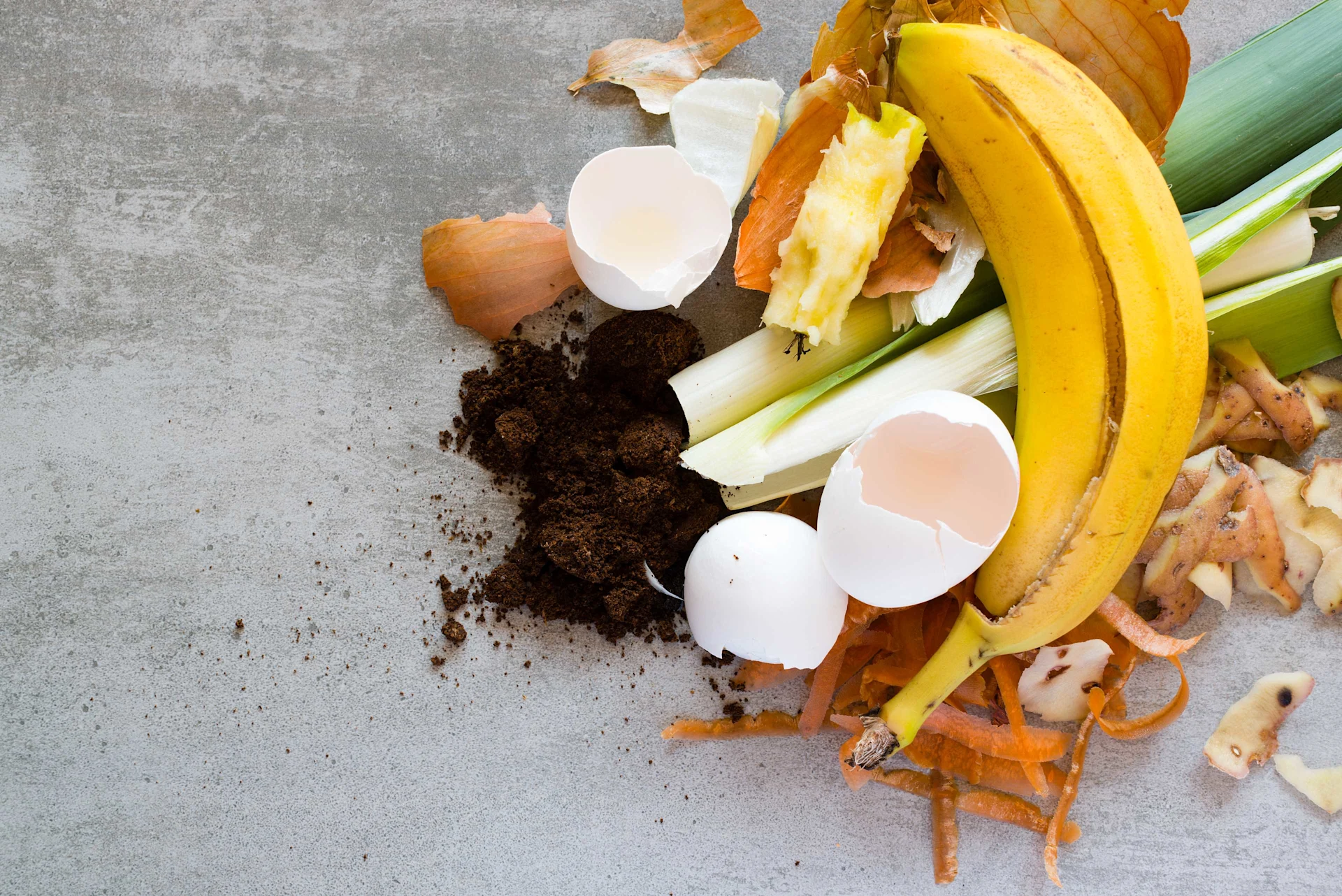
Food waste
What do you know about food waste?
Take part in the food waste quiz and find out how much you already know.
navigation
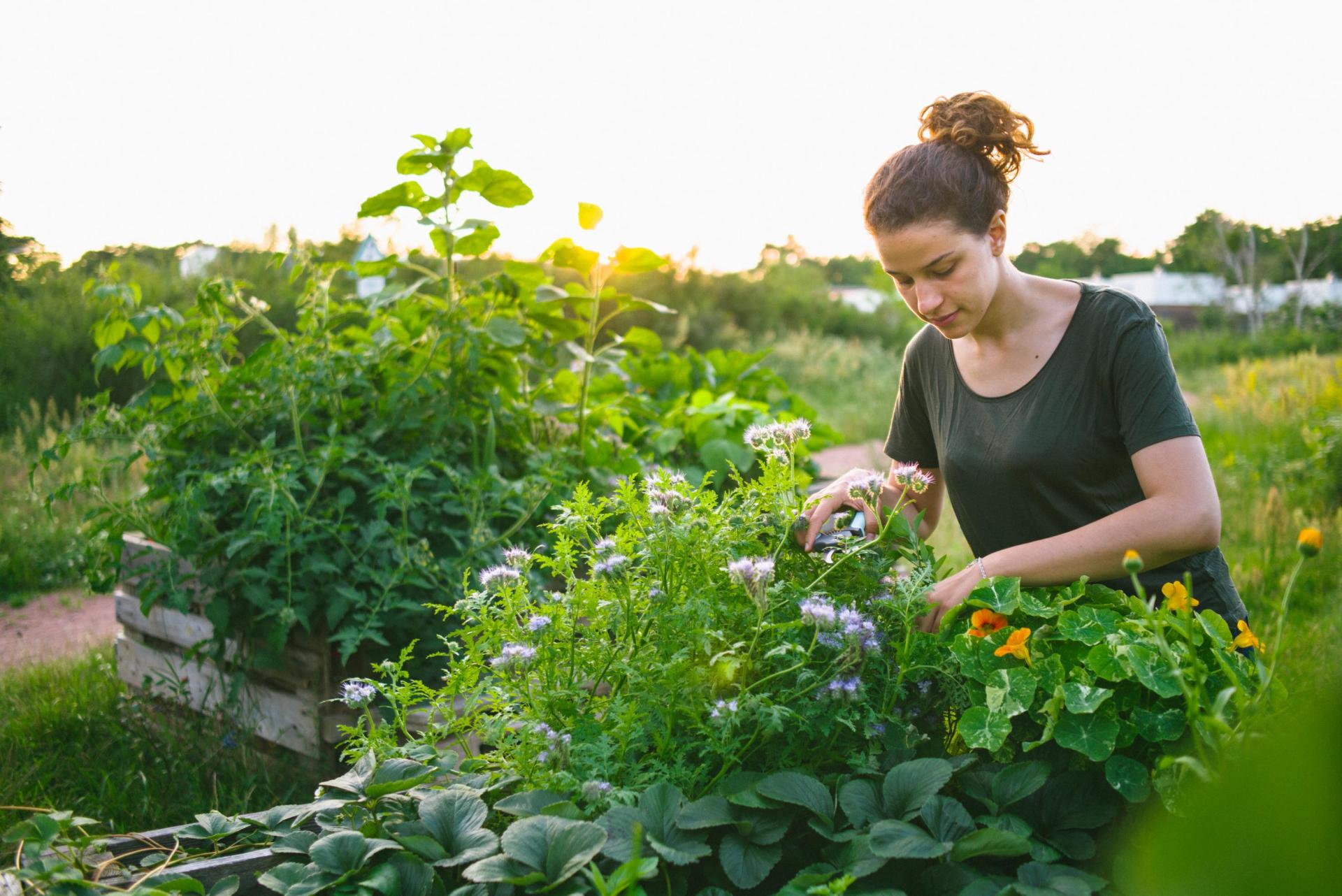
Biodiversity
Whether your own garden behind the house, allotment garden or balcony: if you plant ecologically and close to nature, you’re doing something for nature conservation and biodiversity.
Creating and preserving nature: it’s up to all of us. Because the variety of nature – biodiversity – gives us humans a better life. We use the benefits of biodiversity every day when we breathe, eat or even relax. But in Switzerland, one third of around 11,000 plant and animal species studied are endangered. High time, then, to promote habitats for animals and plants more intensively. The good news: you can help with the right plants in the garden or on the balcony.
The wilder a garden, the better! Animals love piles of wood and twigs: lizards, ants and beetles like to crawl under them in spring and summer. Later in the year hedgehogs hibernate in them – or in a homemade hedgehog house. Bug hotels also fit wonderfully on balconies. These attract wild bees, which love warmth and dryness. A more shaded balcony also helps wild bees with native food plants such as lungwort or field bellflowers. In this way, just a few square metres can easily be transformed into green oases that hum and buzz.
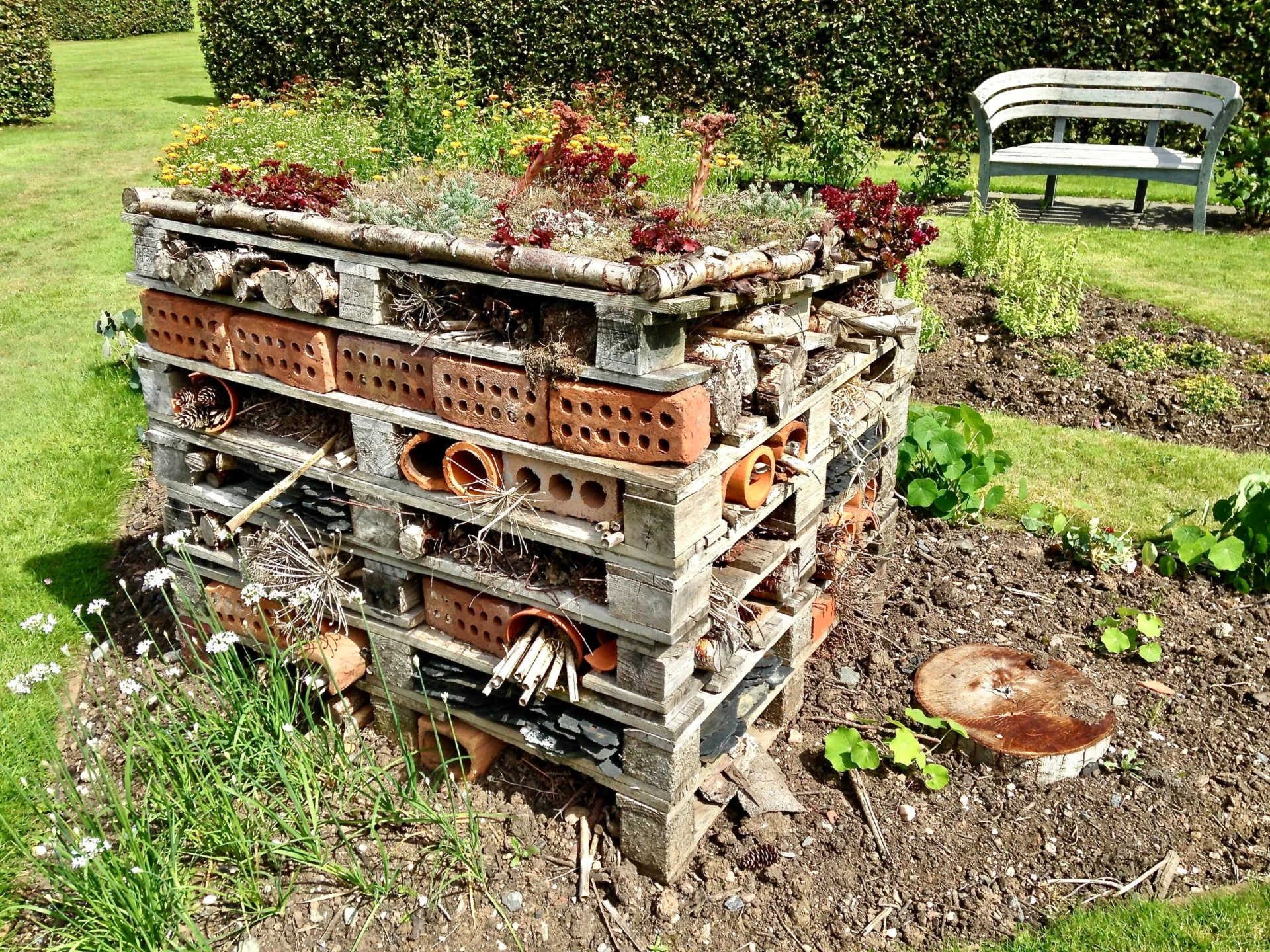
Native plants are not only habitats for all kinds of creatures, but even directly provide a better climate – especially in cities. Because where there’s greenery, there’s no room for asphalt and concrete to seal the soil.
Every plant on the balcony or in the garden makes a difference when it comes to biodiversity: But it should be native in order to counteract insect and bee decline. Because pollinators such as beetles, bees and other insects are indispensable for the ecological balance. Just as every plant has a function, every insect has a preference. Honey bees and wild bees, for example, particularly appreciate pollen-rich plants such as lavender and echinacea.
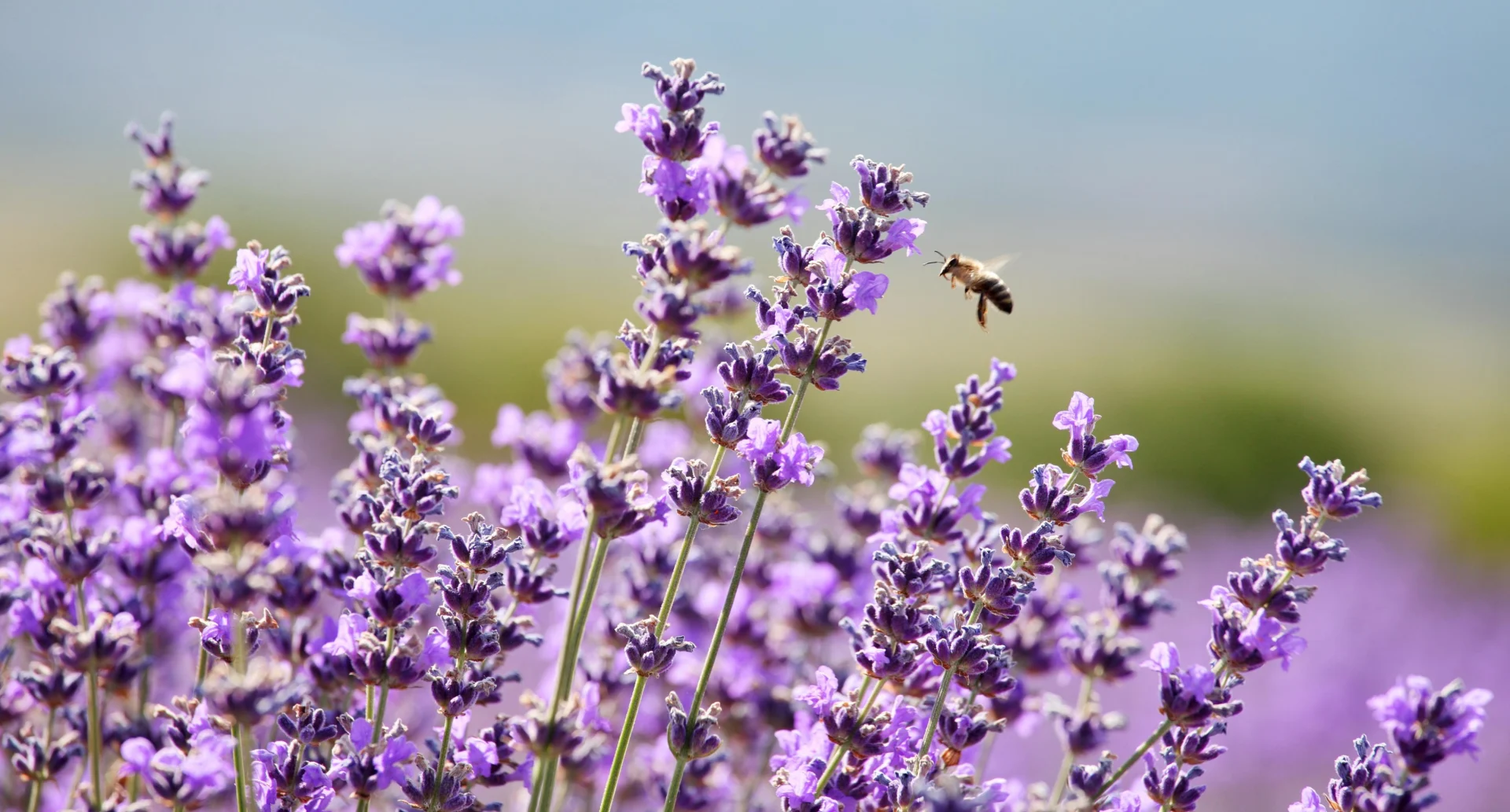
Whether in spring, summer or winter: By deliberately cultivating native pollinator-friendly shrubs and flowering perennials that are particularly rich in pollen or nectar, you can create natural food sources for the industrious helpers. By pollinating plants in turn, insects and bees make an important contribution to biodiversity.
Planted vegetable beds, meadows, balconies and flower pots promote biodiversity. But other aspects of gardening should also be sustainable. The Swiss use an estimated 100 to 200 tonnes of synthetic chemical pesticides in private gardens every year – a great threat to nature if used improperly.
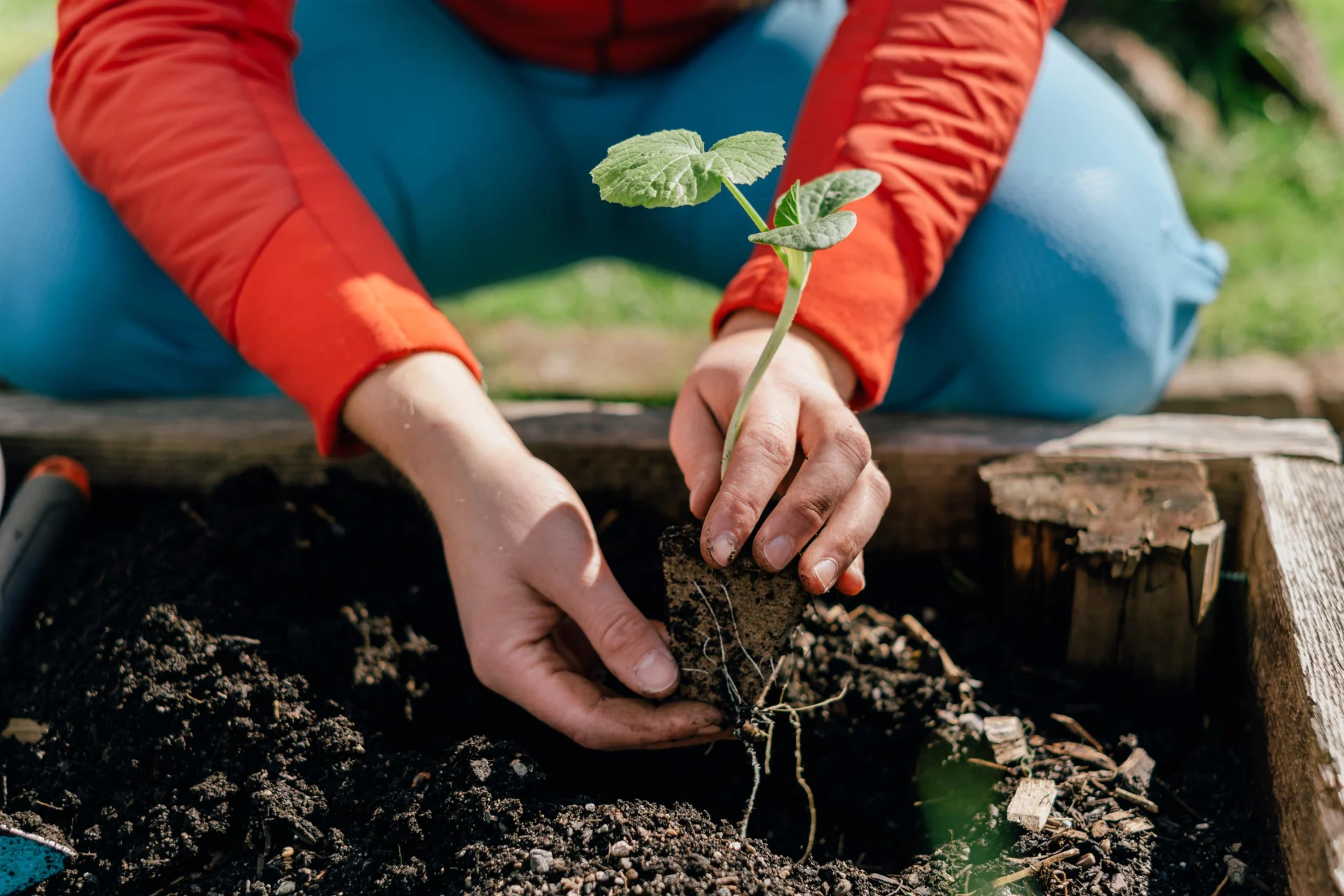
Thanks to natural alternative products and aids, however, the trend is moving towards organic gardening: many hobby gardeners prefer more environmentally friendly options such as biological plant protection or biofertilisers. However, less is more and the right application is crucial. If you don’t just have a green thumb, but also want to help the environment, you can also use peat-free composts. These strengthen plants, protect biodiversity and the climate. Peat extraction poses a major threat to the fragile ecosystem of peatland landscapes. Migros soil has been peat-free since 2013.
Our organic seed range offers everything that’s important to environmentally conscious gardeners: all products meet strict guidelines and the ingredients come from Switzerland wherever possible. Help make Switzerland’s gardens, flower beds and flower pots even more sustainable and protect the climate.
Beneficial organisms are living organisms that you can use to control pests naturally. Roundworms, for example, are the perfect natural enemies of fungus gnat larvae.
As living organisms and natural adversaries, beneficial organisms take targeted action against pests.
Beneficial organisms are the most natural alternative to conventional chemical-synthetic pesticides.
Beneficial organisms leave no residue, protect the environment and promote a sustainable ecosystem.
When beneficial organisms suppress the pests, a healthy balance is ideally created between the populations.
Discover exciting stories about all aspects of Migros, our commitment and the people behind it. We also provide practical advice for everyday life.